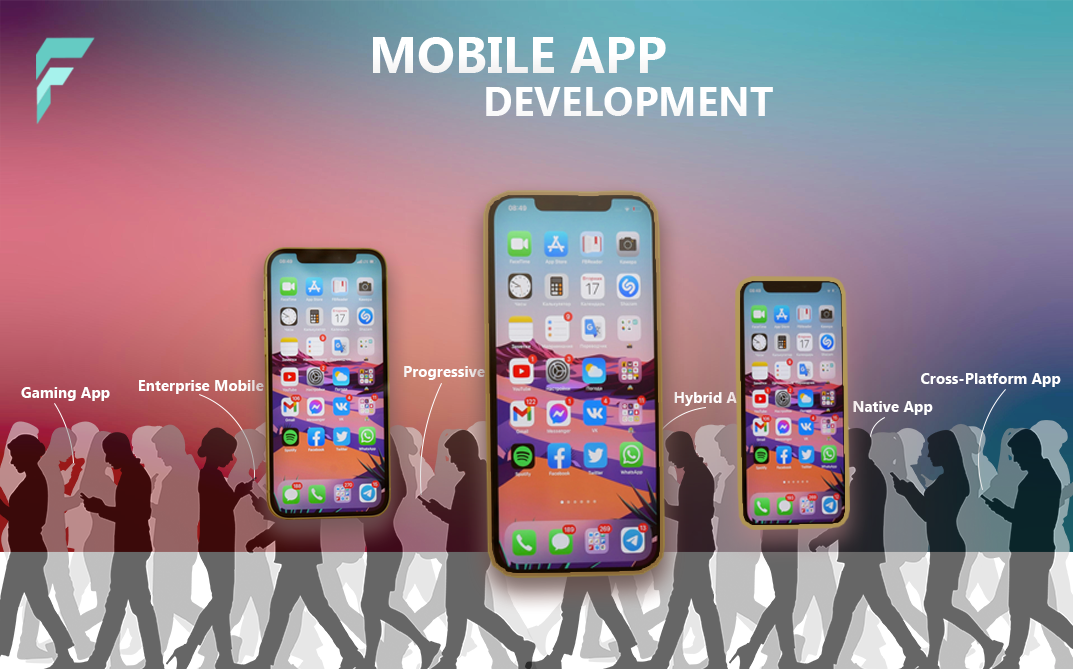AI-Powered Mobile App Development
Explore AI-powered mobile app development—discover benefits, challenges, and best practices for creating intelligent and innovative apps
Explore AI-powered mobile app development—discover benefits, challenges, and best practices for creating intelligent and innovative apps
Artificial Intelligence (AI) has revolutionized mobile app development by enabling intelligent automation, personalized experiences, and enhanced decision-making. AI-powered apps leverage machine learning, natural language processing, and predictive analytics to improve user engagement and streamline operations. Businesses are increasingly adopting AI-driven solutions to stay competitive and deliver innovative services to users.

Integrating AI into mobile applications offers numerous advantages, transforming how apps function and interact with users.
While AI brings significant advantages, integrating it into mobile apps presents some challenges that developers must address.
Successfully integrating AI into mobile apps requires careful planning and execution. Follow these steps to implement AI-driven features effectively:
To maximize the benefits of AI in mobile apps, developers should follow best practices that ensure efficiency, accuracy, and user satisfaction.
The future of AI-powered mobile apps is promising, with advancements in deep learning, augmented reality, and voice recognition shaping the next generation of applications.
AI-powered mobile app development is transforming the digital landscape by providing intelligent, user-centric, and efficient solutions. By leveraging AI's capabilities, businesses can deliver more personalized, secure, and engaging mobile experiences. However, addressing challenges and following best practices is essential for ensuring successful AI integration.

Choose F12 Technologies for industry-leading mobile app solutions designed to boost engagement, efficiency, and growth for your business.
We tailor our services to meet your specific requirements, ensuring innovative and impactful solutions that help you achieve your goals.
Contact Us